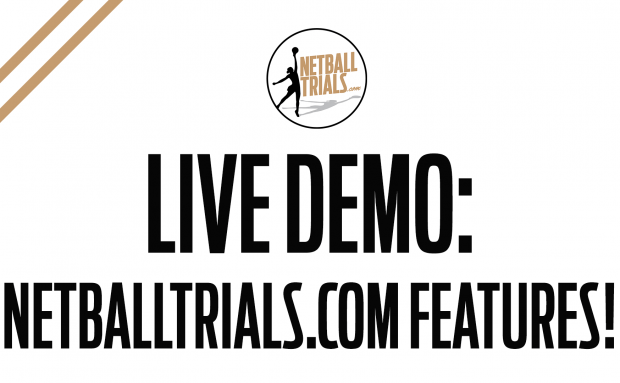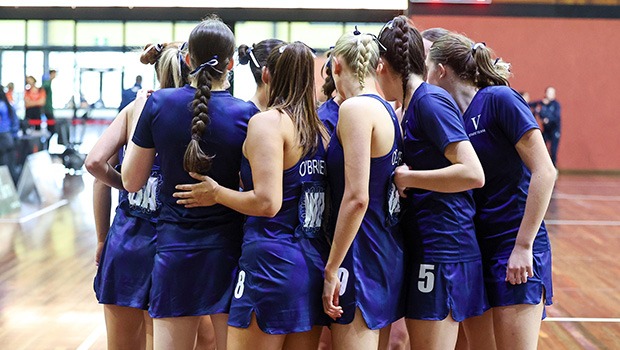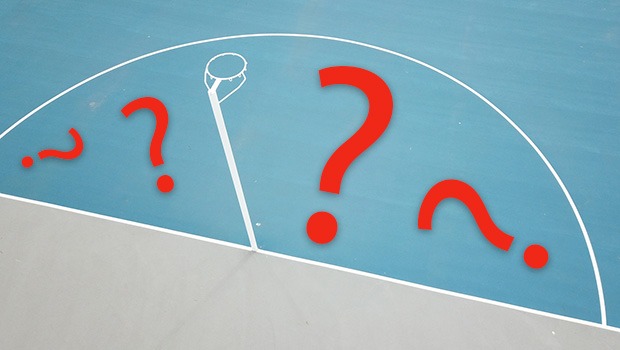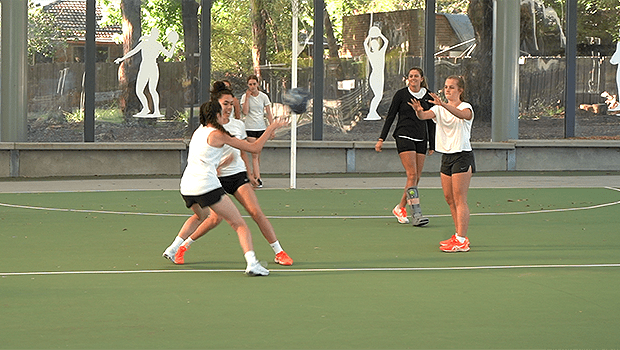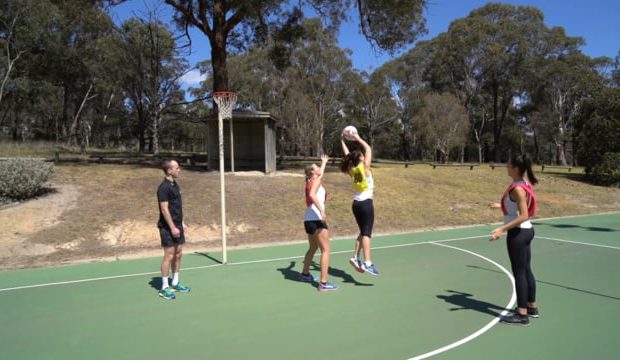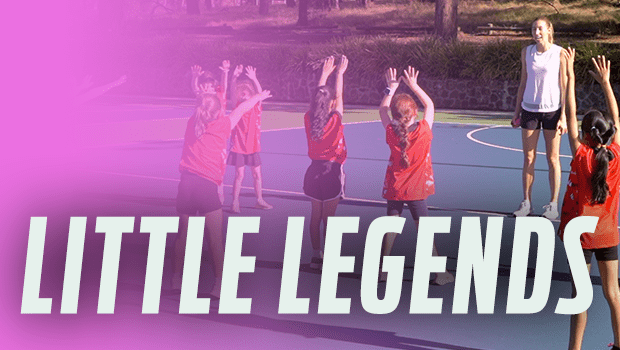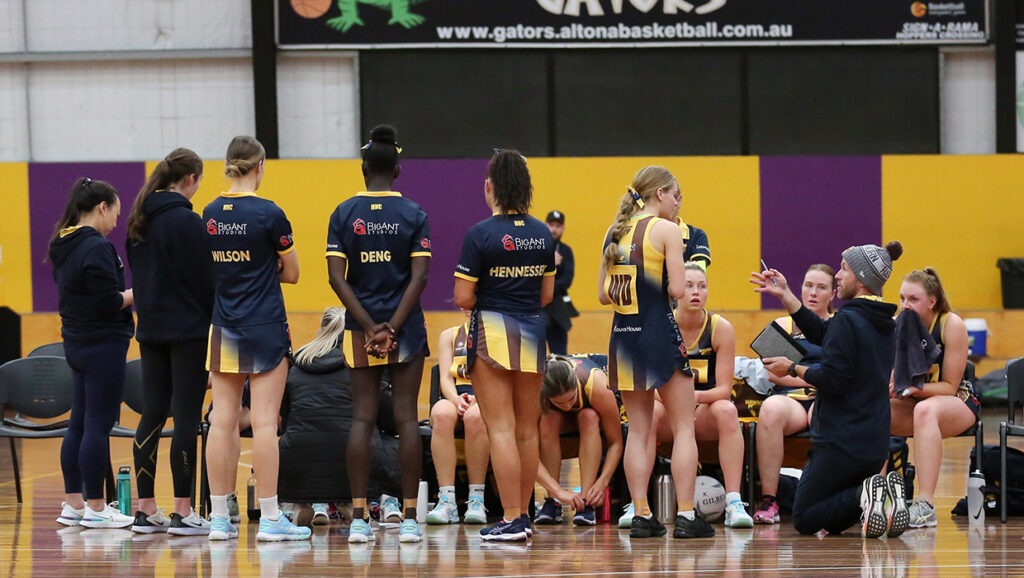
The relationship between a coach and an assistant coach in netball is a critical one, as it is in any sport.
Find the right assistant and they can be a game changer for your team and your program. But choose the wrong one and they can drag precious time and energy away from what should be your number one goal: getting the best our of your players.
I’ve been lucky enough to have some wonderful assistants over the years – Tara, Wil, Jen and Soph, you’re all legends and I love you! – all of whom were very different but each brought real value to our team.
Of course, not everyone is lucky enough to have an assistant coach, but for those that do, it’s all about finding the person who is best able to support both you and the players.
FIND THE RIGHT ‘EXPERIENCE GAP’
Of course, an assistant coach is generally unlikely to have the same level of experience as a head coach.
But having an experienced head coach assisted by a coach with NO experience – or very little – can present challenges.
The tendency in appointing an assistant is sometimes to take on someone who is not yet ready to coach their own team. And that’s fine – they’re learning – but ideally your assistant should have at least some grasp of the types of drills, structures and general netball knowledge that you’ll be passing onto your players.
NETBALL DRILLS: REGISTER NOW FOR 400+ VIDEOS!
If they don’t, it can put undue pressure on them to coach to a level that they’re not yet ready for, and can cause them anxiety about players asking them questions or for feedback on things they might not know the answers to.
If the assistant is not quite ready for that role, they may be better suited to an ‘apprentice’ or ‘development’ role (focusing on observing as much as actually coaching), or being paired with a coach at a lower level, or with a younger team.
A good yardstick can be to ask yourself, “If I couldn’t attend training one week, could my assistant step in to take the session competently?”. If the answer is yes, you’re probably on a winner.
Pitch the selection of your assistant at a level or two below the head coach, but not more than that, and you’ll likely find someone who fits the bill.
SKILLS THAT COMPLEMENT THE HEAD COACH
While we’d all love to be a coaching guru across the entire netball court, the reality is that most of us favour some areas of the court more than others.
And if that’s the case, having an assistant with good knowledge in one of the other areas can be enormously beneficial for your team.
Firstly it allows the assistant to learn from your areas of strength – building their skill base – and vice versa. There’s nothing better than being able to bounce ideas and questions off each other as you plan or review your sessions.
RUNNING NETBALL SELECTIONS? CHECK OUT NETBALLTRIALS.COM!
It also creates the opportunity to split your team for specialist work at training sessions, with you taking the attack end and your assistant taking the defence end for position-specific skill work, for example.
It can also elevate your team’s match day coaching and feedback for players – having a “coach for each end” means you can utilise those precious two to three minutes at the breaks more effectively and give specific feedback/instruction to more players, rather than trying to cover the whole team on your own.
DEFINE ROLE AND GOALS FROM THE START
Understanding what your assistant wants to get out of the assistant coaching experience, and also what your expectations are of them, is important to discuss before the start of the season.
If they’ll be required to lead some sessions on their own, that’s information they need to know from the start, so they can be prepared for it when it happens.
If they have specific goals for the season, whether it be developing particular coaching skills, or being ready to coach their own team the following year, that’s good information for you to have so you can give them opportunities to improve those skills and provide feedback to them across the season.
MATCH DAY ROLES
Have an assistant means just that – they can assist you so every task doesn’t fall back to you!
Could they be in charge of your warm-ups, or tasked with meeting the goalers slightly earlier to put up some shots? Can they be chief statistics-taker?
Or can you better utilise them during a game? I often use my assistant to deliver more in-depth feedback to players who’ve just been subbed off the court. It allows the player to receive a couple of quick points of feedback ‘in the moment’, and also allows me as the head coach to continue watching the game.
And again, giving your assistant specific areas or players to focus on can be a great way to give more feedback to more players, and take the pressure off you having to have eyes on everything.
